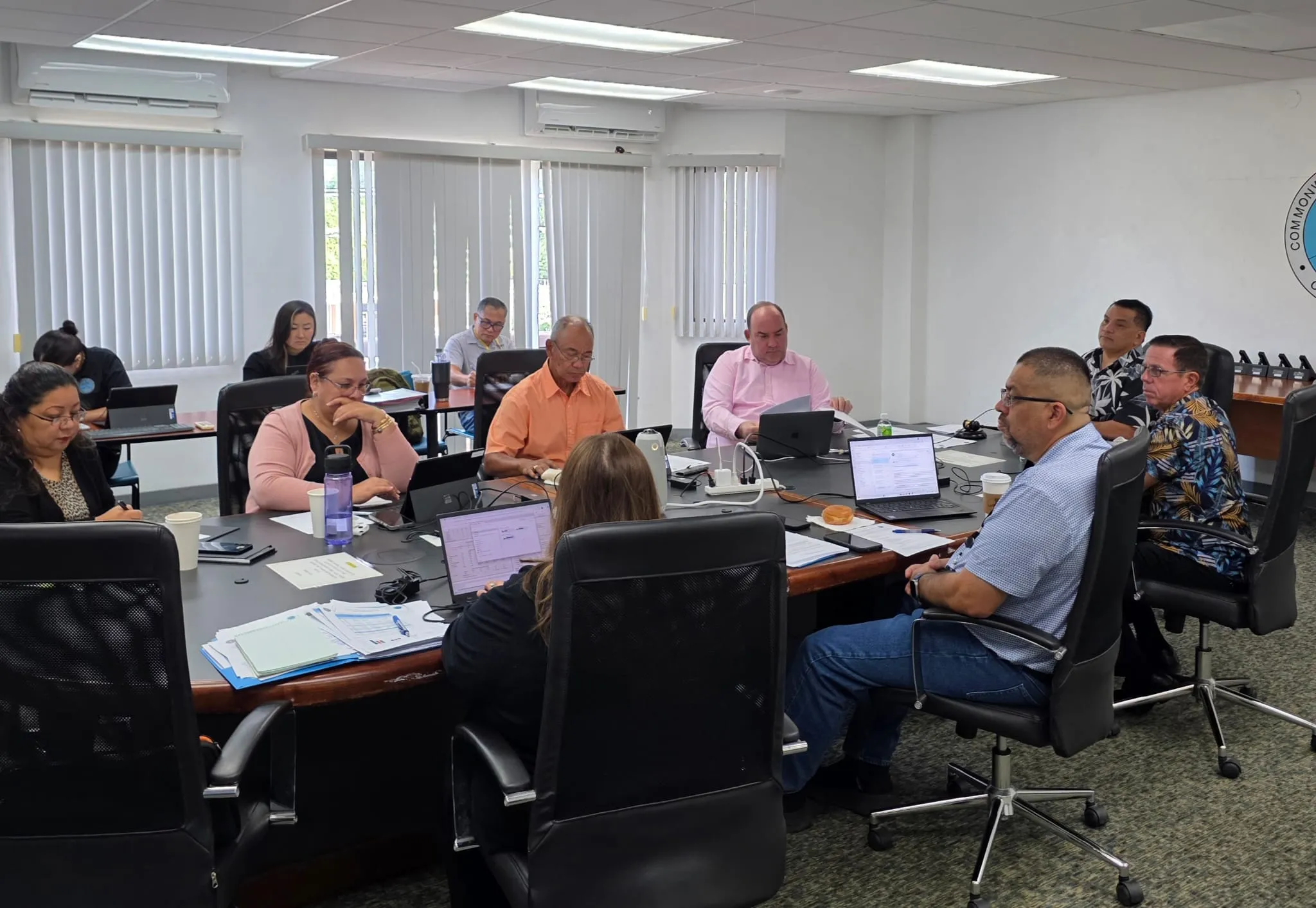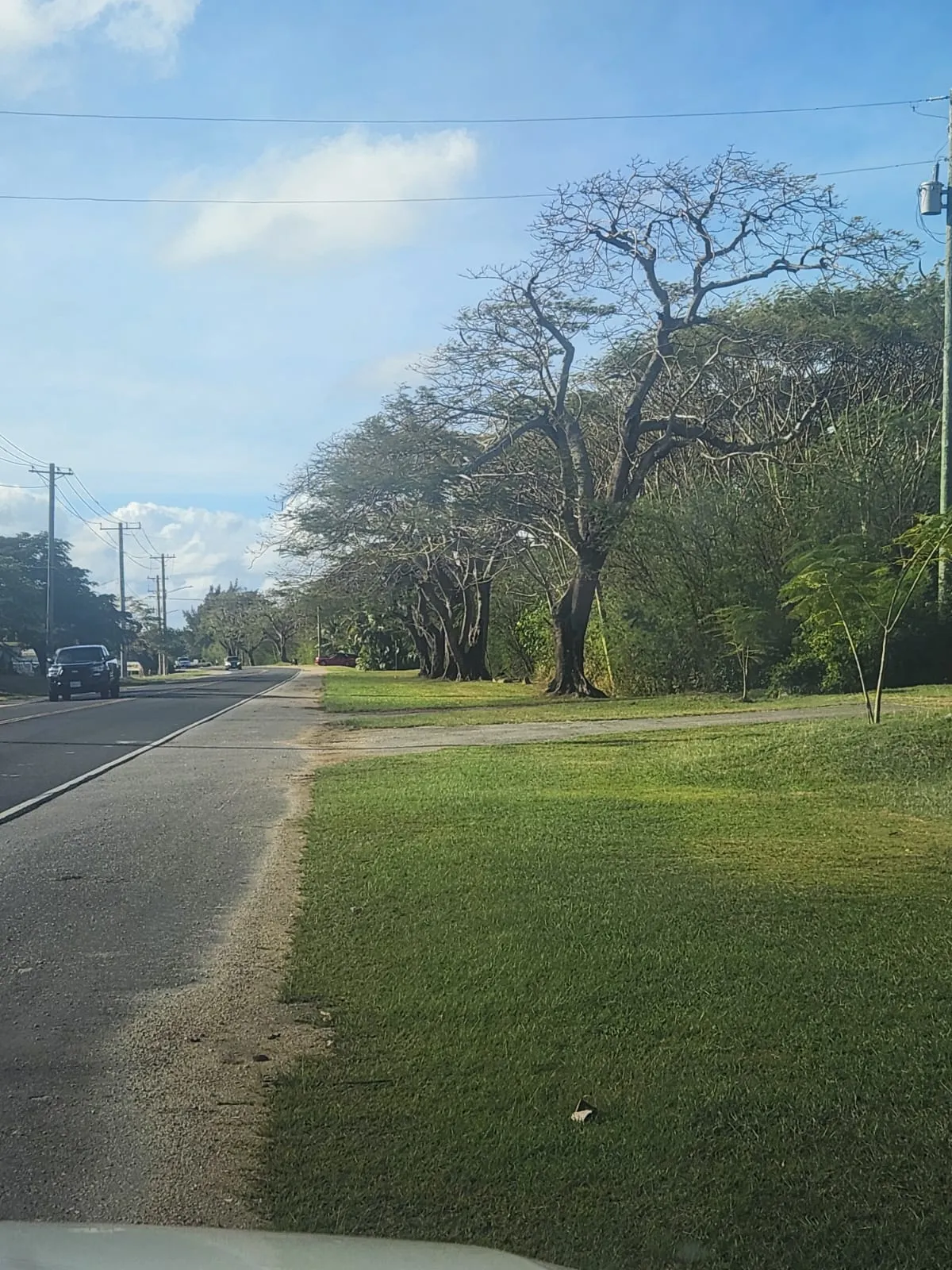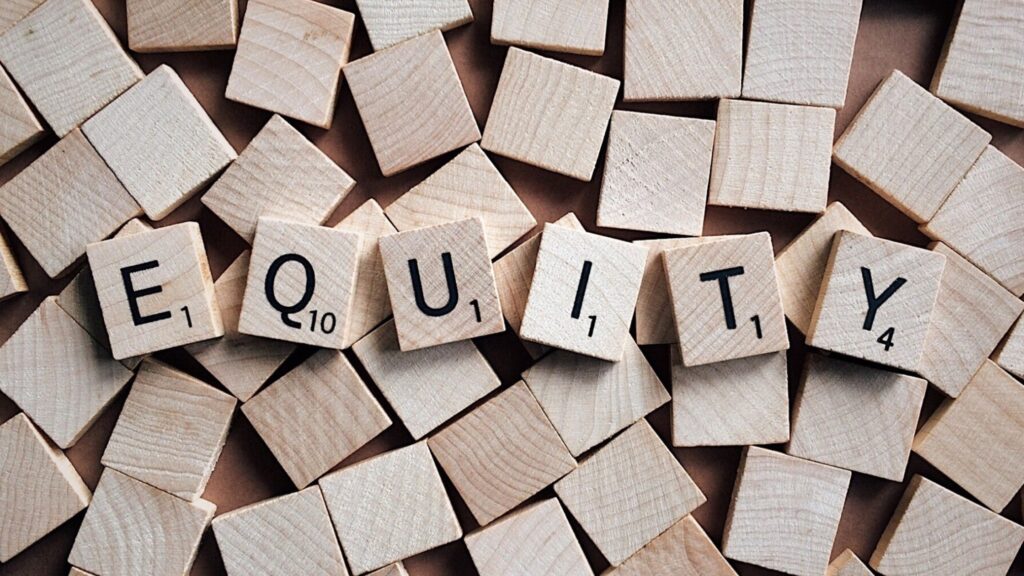
NOWADAYS, words like “fascist,” “Nazi,” “socialist,” and even “racist” are often used as handy insults in arguments, but they’ve become virtually meaningless.
And then there are words like “sustainability,” “equity,” and “inclusive” — terms that supposedly reflect universally admirable ideals we’re all expected to embrace. But what do they actually mean in our day-to-day lives? What specific social, fiscal and economic policies do they entail?
Even the latest CNMI economic report — the highly informative Marianas Economic Roadmap — invoked terms like “sustainability,” “equity,” and “inclusive” without a hint of irony. But then again, a committee drafted the roadmap, and as the old saying goes, a camel is a horse designed by committee.
In the case of the economic roadmap, the committee included economists, making it essential reading. Apparently, however, the involvement of government officials led to the inclusion of popular yet empty slogans — and entire passages steeped in ideological rhetoric, the kind that reflects little to no understanding of sound economic principles.
The roadmap, for example, claims that prioritizing “green infrastructure projects, like renewable energy initiatives, will address both economic and environmental vulnerabilities.” But that’s a highly debatable policy, and if you listen to actual energy and power experts, it’s not that simple, easy or inexpensive. If it were, the CNMI would have implemented it already.
The roadmap aims for a “sustainable and inclusive recovery,” but again, sustainable how? Inclusive how? At times, the roadmap, perhaps unknowingly, echoes CNMI election platforms: “strategic investment in infrastructure and human capital”; “workforce development”; “collaboration with regional partners.”
By now, these words and phrases have become sad banalities that try to pass for substance.
According to the roadmap, “Recovery must be inclusive. The economic growth of the future cannot leave behind any part of the population.”
This reeks of modern-day leftism or populism, both of which view growth as inherently suspect.
In the CNMI, however, those familiar with its history can point out how inclusive its economic growth was from the late 1980s to the mid-1990s.
As Gov. Larry Guerrero told a U.S. House subcommittee in 1992, “We have been pro-business. We have been pro-investment. We have worked hard to give assistance to our business people. We have worked hard to encourage the growth of our private sector, and we have invested over 50% of our revenues in the needed social programs of public health, education and safety.”
He added, “Through wise federal policies and our own local…initiative we brought about an economic miracle in the Pacific. We are an economic success story in insular areas…. We reduced the size of government relative to private sector. We decreased our burden on the Federal Treasury. We have dramatically increased local revenue and just as dramatically reduced our reliance on the Federal taxpayers. Economic self-sufficiency for the Northern Marianas is in sight.”
Presently, he said, “the CNMI can boast of a caring, healthy society with no homeless sleeping on the streets, no warehousing of the elderly in ‘old folks’ homes, and low addiction and AIDS statistics.”
Growth in a market-based economy is inclusive. And the contrast between socio-economic statistics from the Trust Territory period and those of the Commonwealth era is stark — like night and day. Public education, healthcare, infrastructure, job and business opportunities as well as the social safety net all saw exponential improvement and growth as the local economy boomed. (A Marianas Variety headline from 1989: “Tinian – Home to Land Lease Millionaires.”)
All this talk about “sustainability,” “equity” and “inclusiveness” reminds me of what Chairman Mao Zedong once said about some of his colleagues: “Always talking about justice and virtue, so much so that as a result [they] accomplish nothing.”
I also find it puzzling that after brilliantly explaining how vital tourism is to the local economy, the economic roadmap could declare — with a straight face, I suppose — that the CNMI’s recovery “also depends on reducing its over-reliance on tourism.” Why should it be either-or? Why can’t the CNMI pursue tourism recovery and other potential industries? It’s as if the government — or at least this government — is saying that it cannot walk and chew gum at the same time.
Much of the economic roadmap’s analysis hits the mark, and the data are genuinely useful. But here and there, one stumbles across disastrously misguided policy pronouncements that bear an uncanny resemblance to this CNMI administration’s talking points.
Send feedback to editor@mvariety.com











